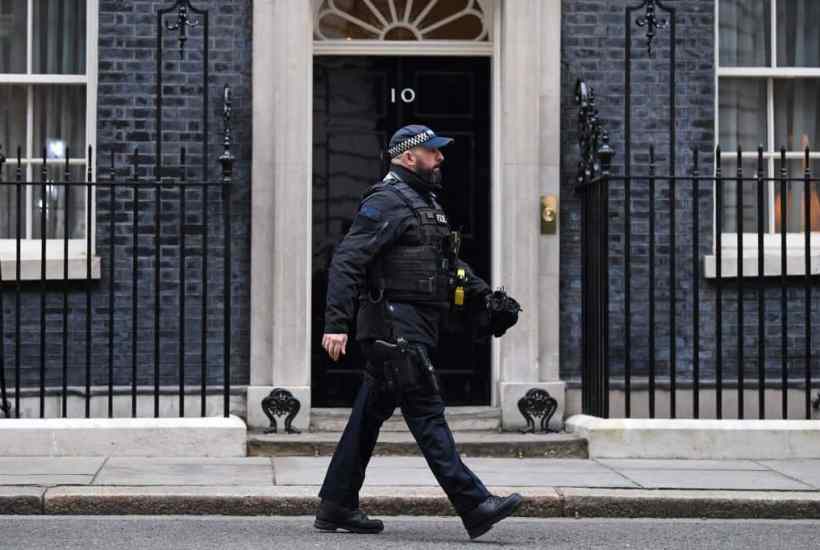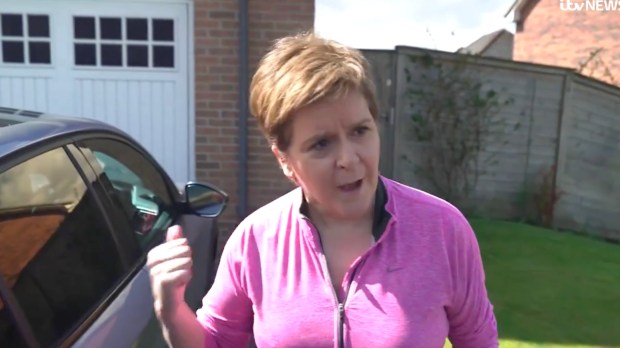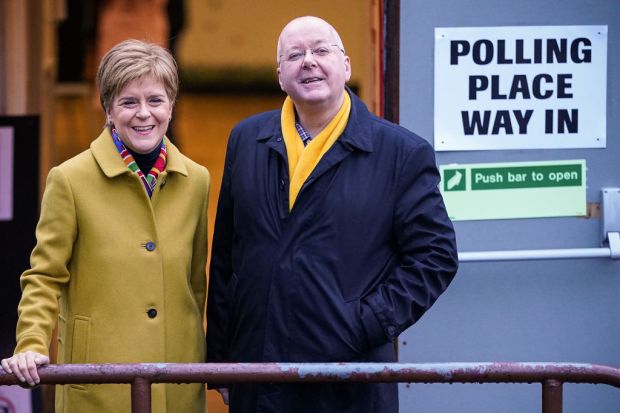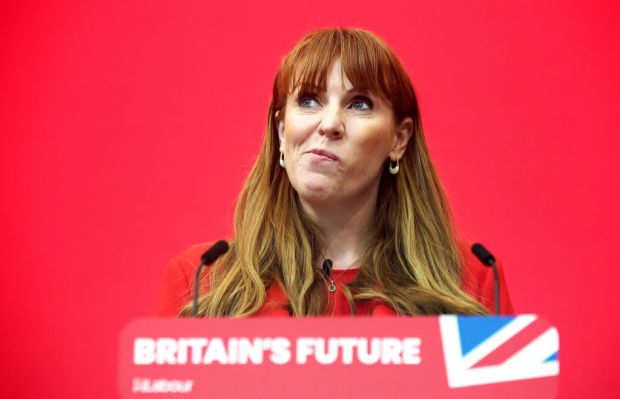Boris Johnson and No. 10 staff could soon face being interviewed under caution over partygate. While this is remarkable, it is not unprecedented: Downing Street has been the focus of a police investigation before, when Tony Blair, my boss, was prime minister. Fifteen years ago, the ‘cash for peerages’ affair led to me and my colleagues being interviewed by police. So what advice would I give to Downing Street staffers fearing a call from plod?
Those working behind the door of No. 10 should firstly remember that, while they are part of a team, when they speak to police in an interview, they will be alone. It’s an unsettling experience. Police officers are professionals, and have been doing this for their whole career. This is your first – and hopefully only – experience of facing an officer asking awkward questions. Take as much control of the process as you can. Don’t be interviewed in the office, or in a police station. Get your solicitor to arrange a discreet venue and a convenient time. Make sure you prepare carefully. You’ll want to be helpful, but you should simply answer the questions you’re asked – don’t go on to answer the questions you think are being asked. Above all, don’t fill the silence. Answer crisply, directly, and succinctly – and then wait for the next question.
They should remember something else too: this is about you, not your boss or colleague. Stick to telling your story, not someone else’s. After all, you’re not there to defend someone else, their reputation – or even the PM. The one thing you have complete control over is what you say. Be straight and tell it how it was. Your integrity is precious and you are the only one who can protect and preserve it.
Finally, this is going to be bruising. You will feel lonely, isolated, and sometimes picked on. You won’t be able to talk to friends, family or colleagues about the investigation and the interviews. You may find yourself in the public eye with stories briefed about you. That will make you distrust colleagues, but you shouldn’t. There will be leaks, but they won’t be to the lobby – and they won’t be from your colleagues. In my experience, when details of a criminal investigation emerge, it comes from the Met – which is why the stories are written by crime correspondents, not political editors.
It will all pass, soon, far sooner than you can imagine at the moment; the caravan will move on. And you will be left with your friends, family, and colleagues – and your reputation, which will not be defined by this moment. For you, it will be an experience you won’t forget. But others will quickly talk about other things. Soon, people will have forgotten what you went through. You’ll have to remind them if you want them to remember. I know, because that happened to me.
Looking back now, the interesting thing for me is not the relief I felt when I was told that charges were being dropped. Even then, the media knew first. It was Nick Robinson who phoned to do me the courtesy of saying he was announcing on BBC News that the Met were dropping the case. No, my strongest feeling is that I learnt a lot about myself and that has served me well. Which is why my first thought this morning was about the staff at No. 10 and how they could be helped.
Got something to add? Join the discussion and comment below.
Get 10 issues for just $10
Subscribe to The Spectator Australia today for the next 10 magazine issues, plus full online access, for just $10.



















Comments
Don't miss out
Join the conversation with other Spectator Australia readers. Subscribe to leave a comment.
SUBSCRIBEAlready a subscriber? Log in